646 episodes
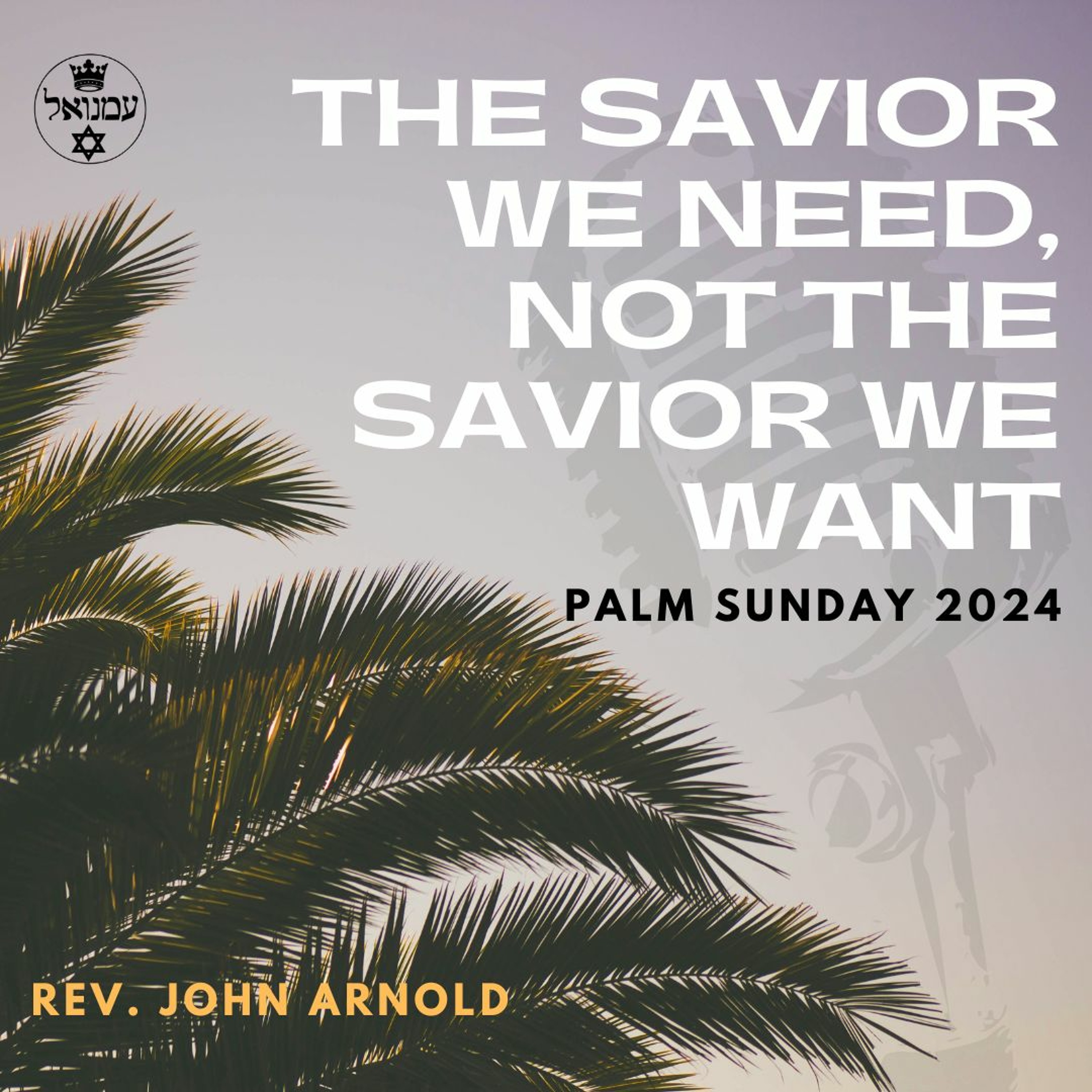

What do a colt and palm branches have to do with a King? The cries of Hosanna heard around the world today started, not on Palm Sunday, but long before–from Israel’s oppression in Egypt and on through the Psalms and Prophets. The colt of a donkey and palm branches tell the story of a ruler who is both righteous and victorious. The expectations of Israel and the expectations of the church and the world are not to be disdained, particularly when we turn to God and worship Him–calling out for His salvation. However, our expectations might not always match what God has planned. Jesus, the son of David and ruler of the nations; Jesus, the Son of God and Son of Man, given authority and power; Jesus, the very form (the same nature) of God and our saviour and Lord… Jesus who humbled Himself (knowing the reality of what He was about to do) and became obedient, accomplished exactly what the people had asked for–“Hosanna”, save us! Psalm 118:1-2, 19-29; Philippians 2:5-11; Mark 11:1-11
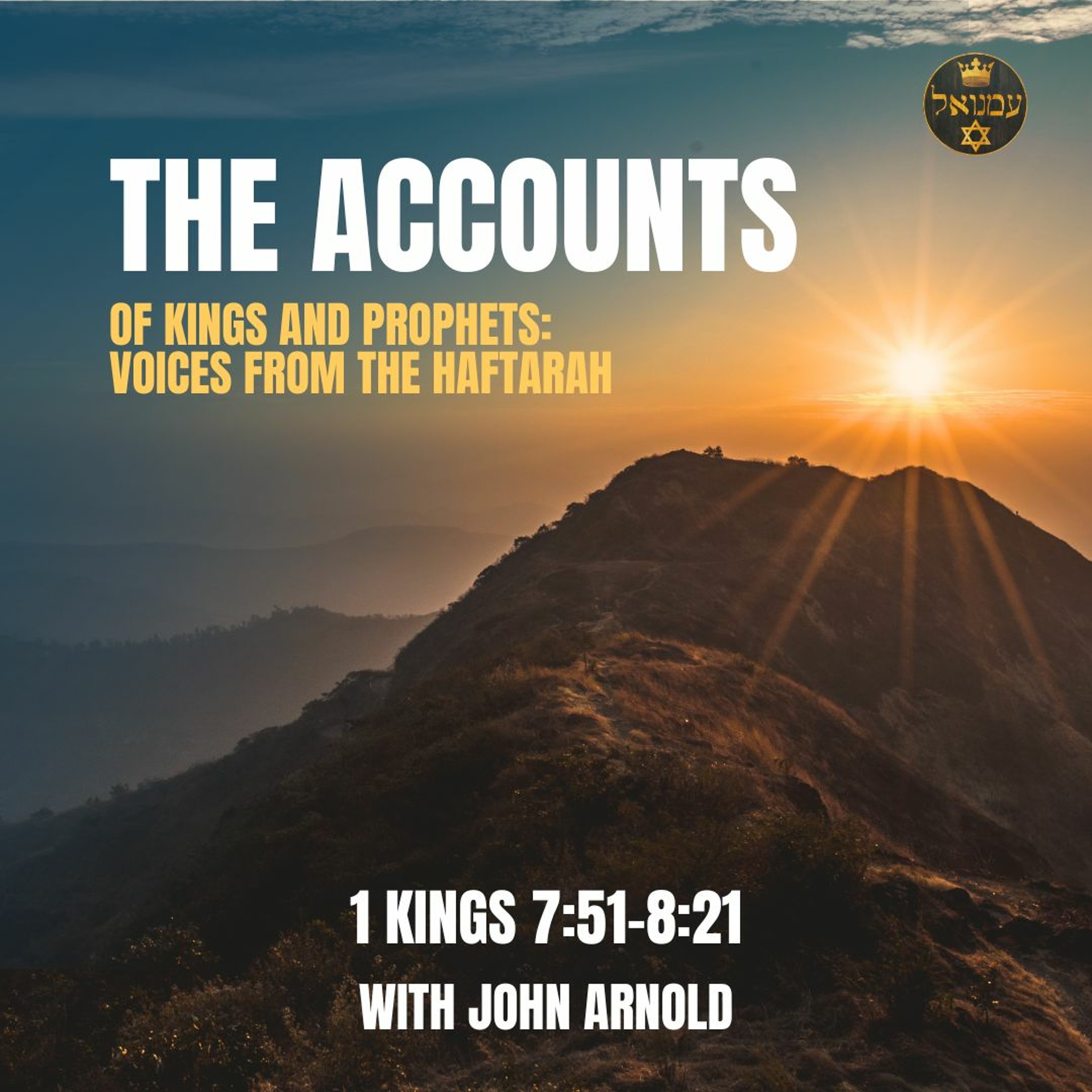

Does God merely acknowledge holy spaces, or does He consecrate them Himself? Whether Sinai, Shiloh, Zion, or Moriah, holiness seems to be imprinted on these places based on God's dealings with His people at each of them. Between the end of Exodus's description of the Tabernacle and 1 Kings 7-8's description of the Temple we find a key similarity: God consecrates both with His own glory, manifest in both light and darkness. This week's discussion focuses on those parallel accounts.
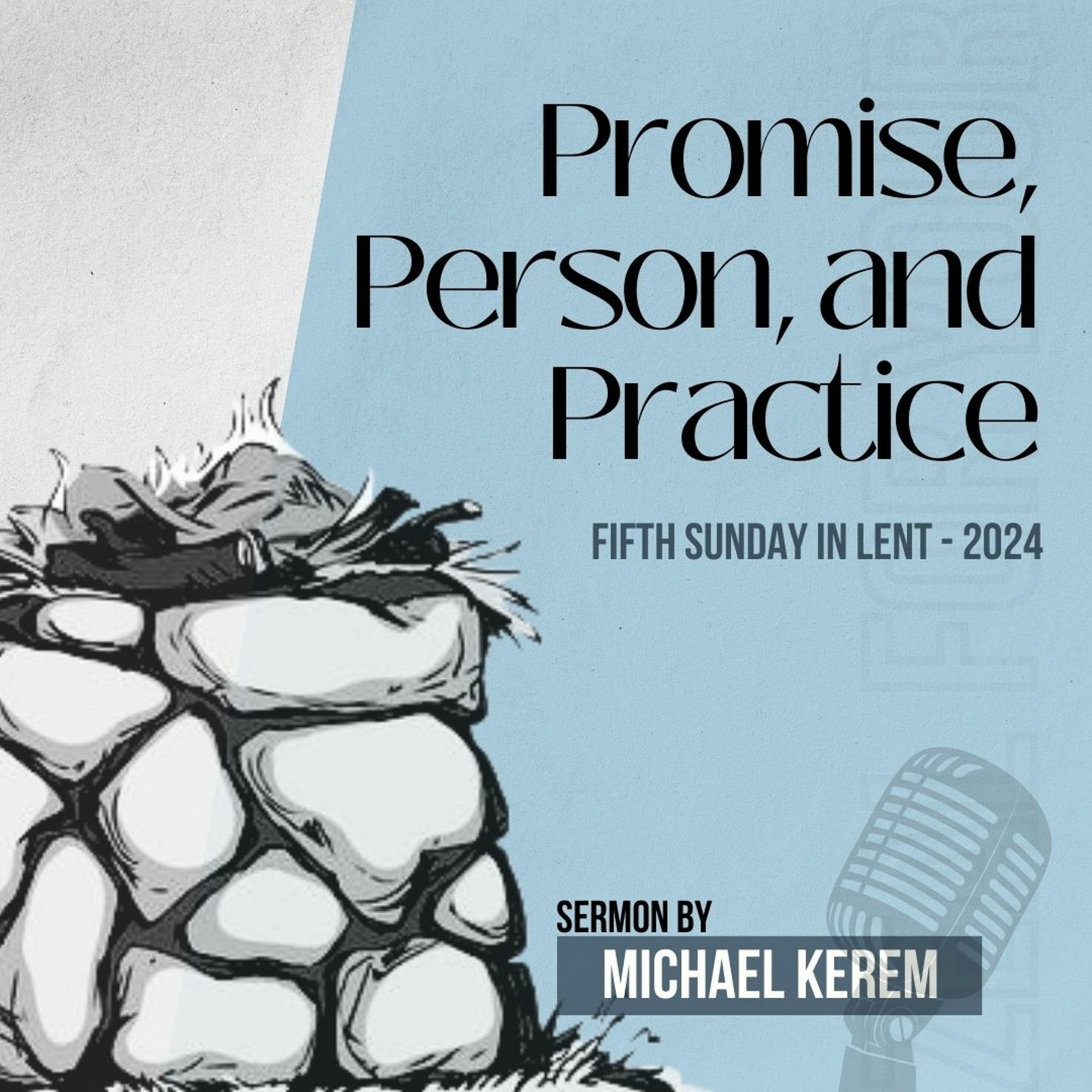

In Jeremiah 31, God promises to establish a covenant with the people of Israel AND Judah, reconciling them both to each other as much as to Himself. This promise would find itself fulfilled in the person of Yeshua, the Messiah of Israel and High Priest after the Order of Melchizedek (Hebrews 5). And not only would His saving work reconcile His fellow Israelites, it would include God-fearing Greeks (John 12) who sought to practice the way of life He taught. In this Lenten season, may our practices be rooted in the promise of God, modeled after the person of Yeshua. READINGS: Jeremiah 31:31-34; Hebrews 5:1-10; John 12:20-36
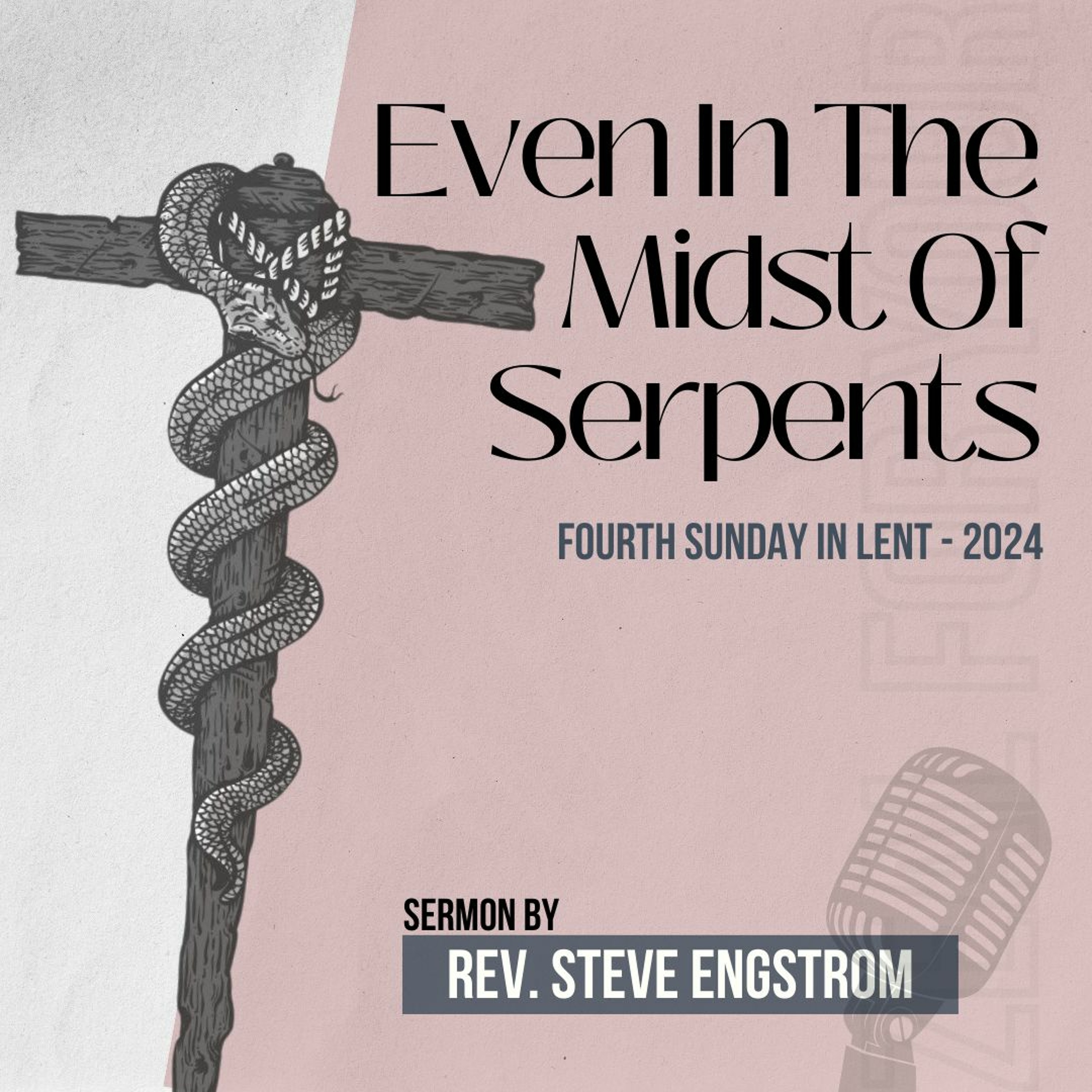

Paul's letter to the Ephesians bears a number of striking resemblances to John's Gospel: stark contrasts of light and dark, life and death, children whose works reveal which family they belong to. Themes like these help us understand the gospel message for all its severity: we were not merely sick, but dead in our transgressions–and likewise now made alive in Christ. How did we come to this new standing? By looking upon Him, lifted up, like the bronze snake in the wilderness. And not only lifted up in His crucifixion, but also in His glory, where we too will be raised to dwell with him forever.
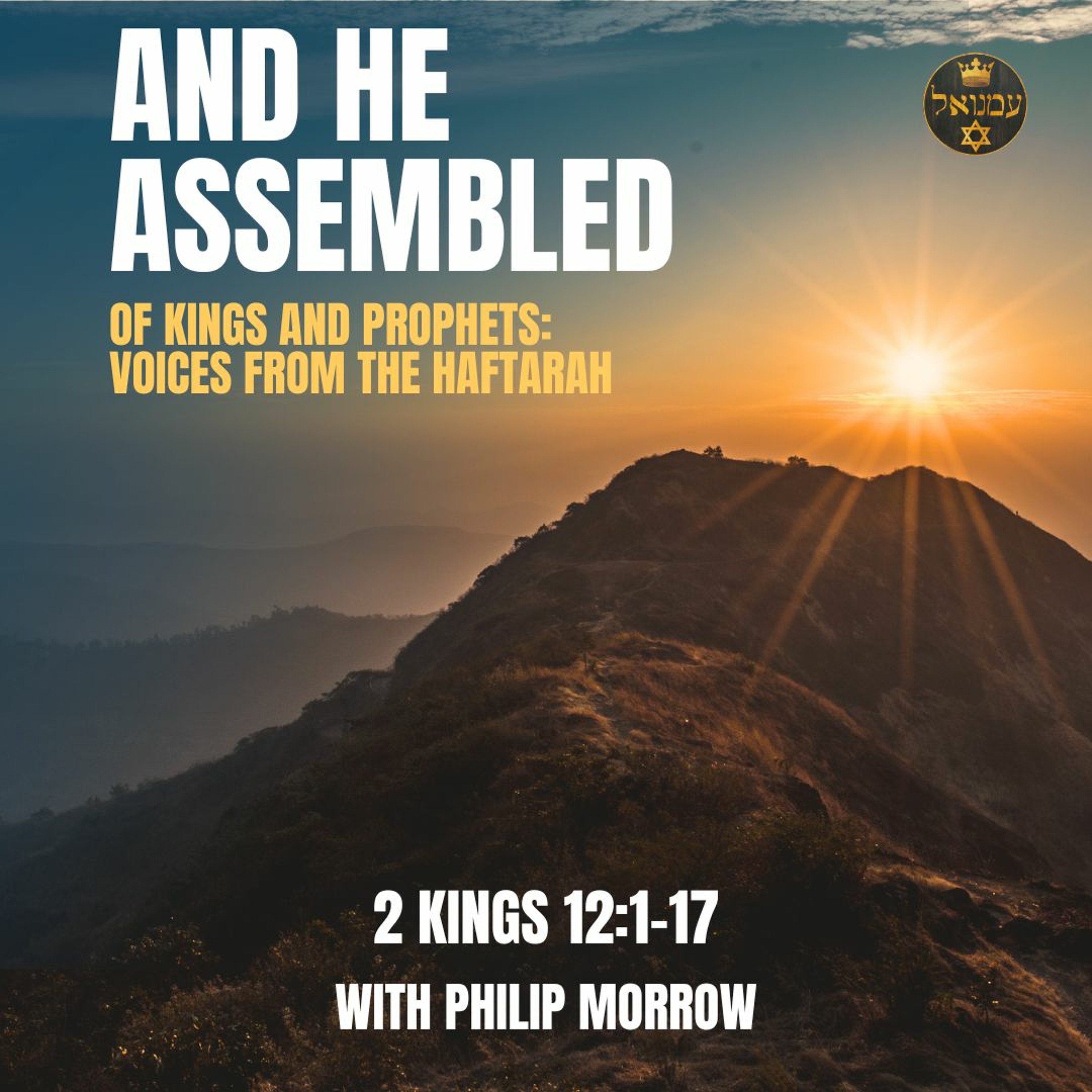

Why is money so difficult to talk about in churches? With no shortage of financial scandals in the Church, plus a history of global inflation, the modern world feels split between loud charlatans who raise too much and timid ministers who raise too little. Add to this our instinct to give toward a vision–sometimes rather than toward a need–and it's no wonder that articulating a "theology of money" feels like navigating a minefield. But we have biblical precedents–both good and bad examples–to help us better learn to relate to money in more healthy and charitable ways.
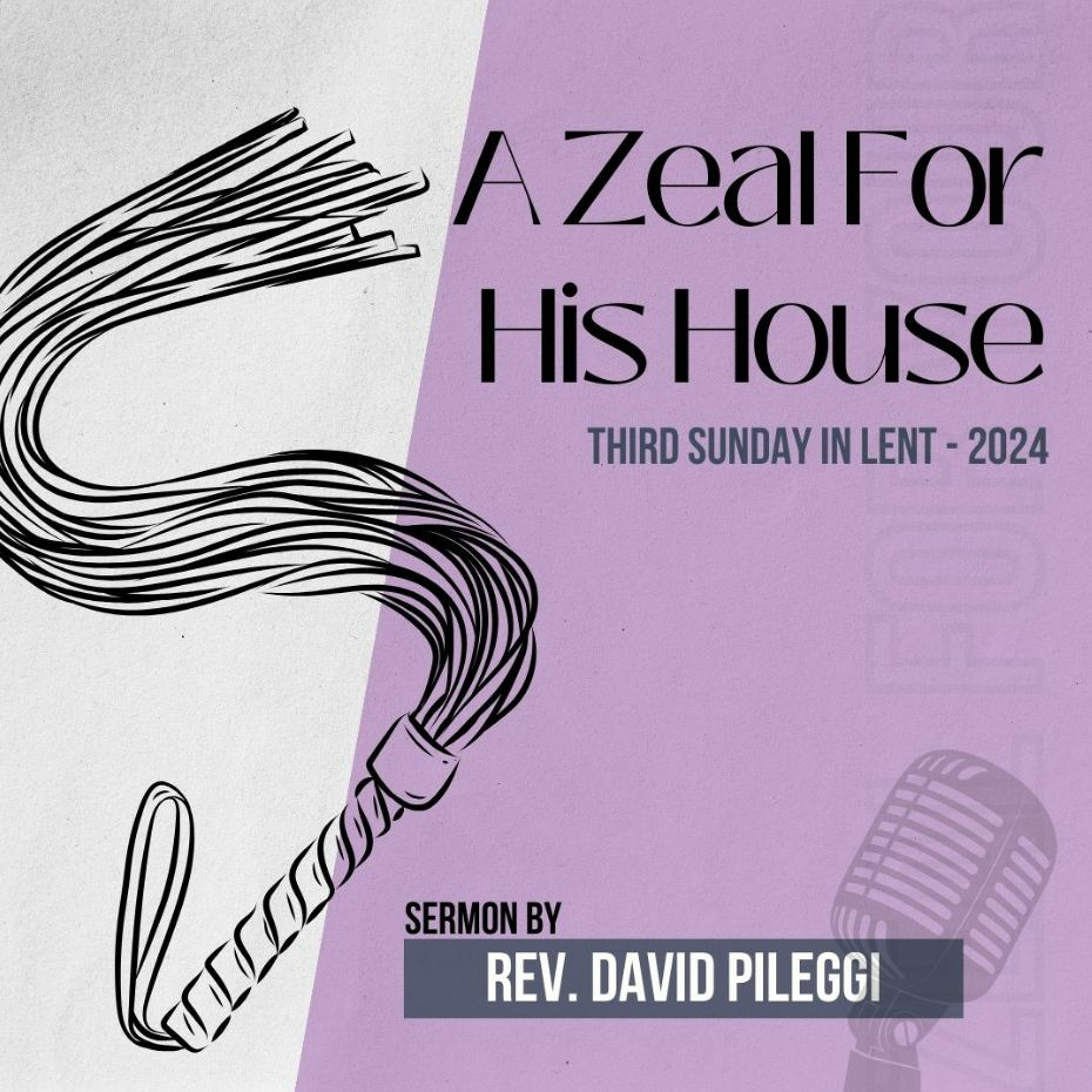

When Jesus cleanses the Temple, he utters a confusing prophecy: "Destroy this temple, and I will raise it again in 3 days" (John 2:19). This saying made little sense to his hearers at the time; but after his death, burial and resurrection, his disciples remembered it in light of his body. What lessons can we learn today from this prophetic act? The early Church would go on to see itself as embodying a Temple for the Lord (Eph 2:21–22), but have we perhaps taken that honor too lightly? If Jesus cleansed his Father's house for the sake of its holiness, how much more must He make us a fitting space for God to dwell? This Lenten season, may we seek holiness through remembrance of our Messiah's passion–both for his Father's house, and for his Body.
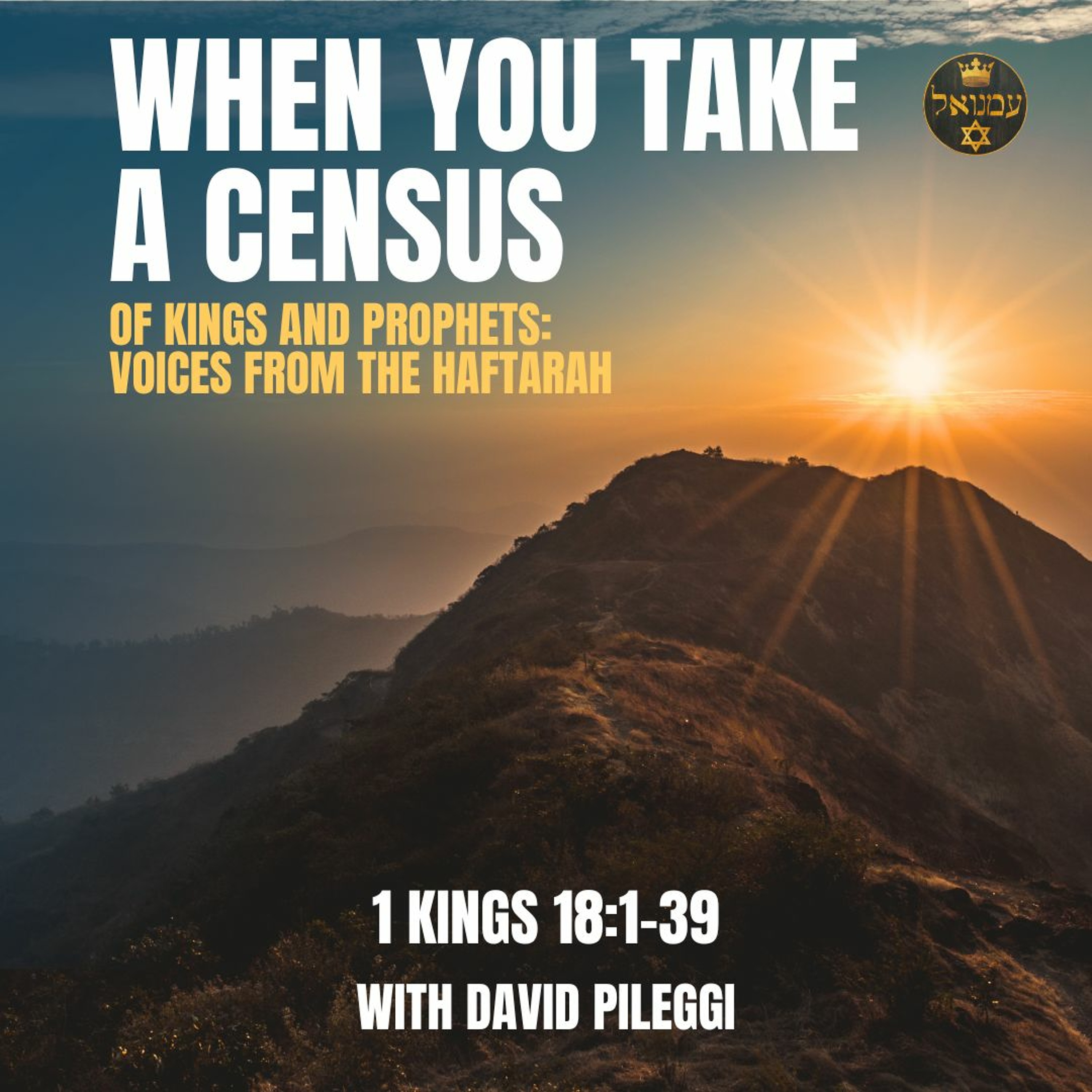

Elijah, Moses, and Jesus all bear a striking resemblance to one another in several ways. They also differ drastically in others. From similar mountaintop experiences–including a shared one at Jesus's transfiguration–we see the role of the biblical prophet hitting key milestones in each of their stories. And we find, at these milestones, divine confirmation of their unique roles in God's plan of redemption.
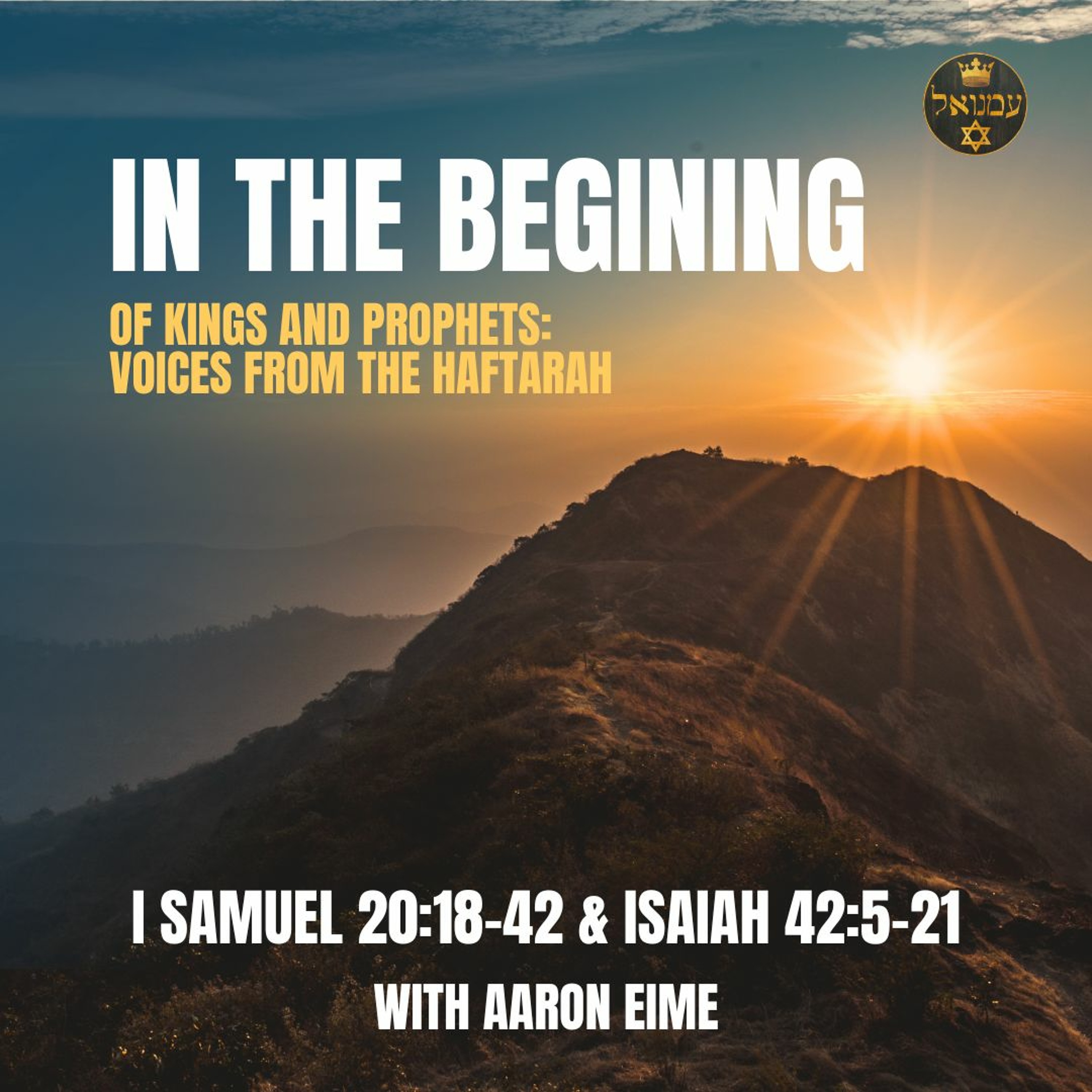

YOU SHALL INSTRUCT | Ezekiel 43:10-27 with Aaron Eime by Christ Church Jerusalem
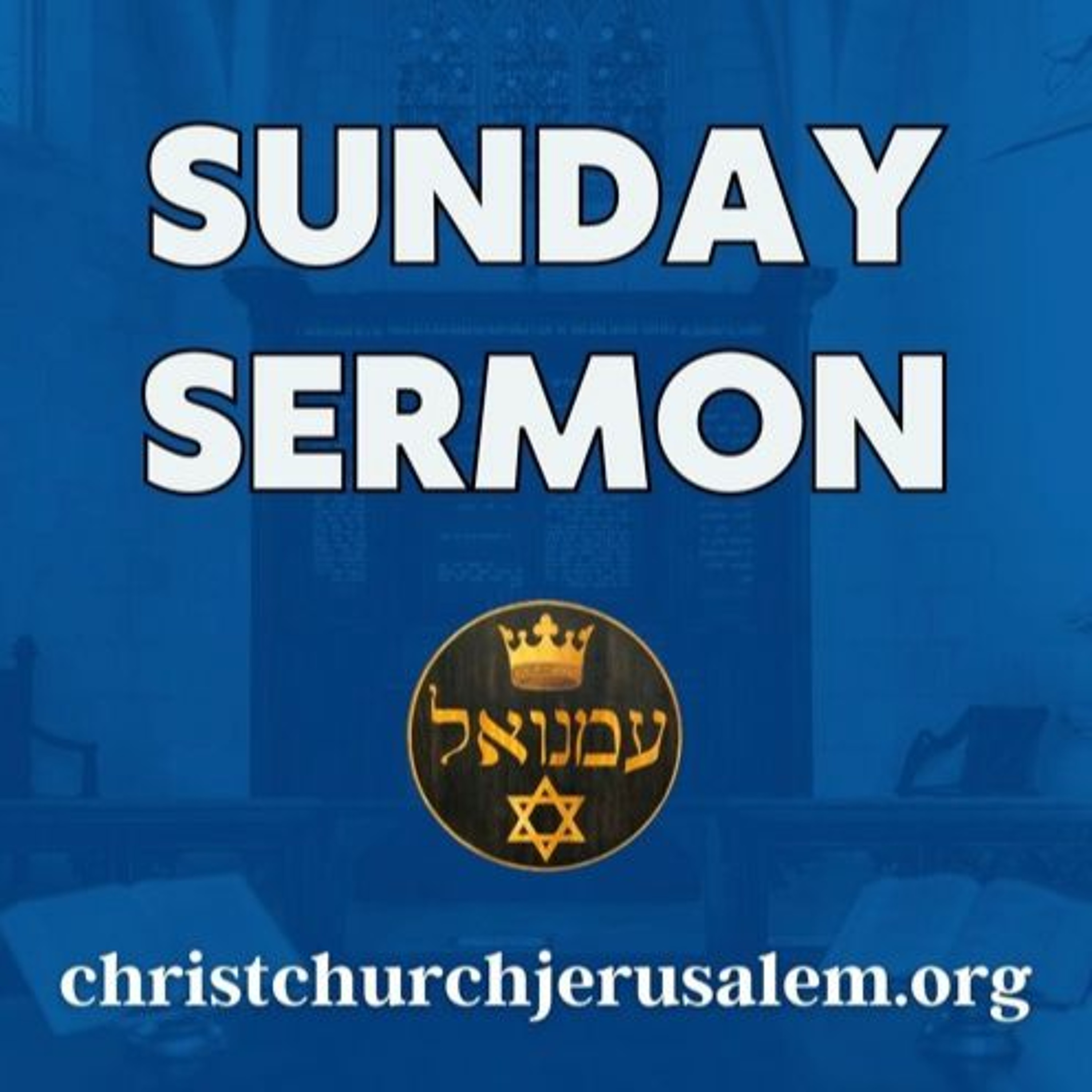

During the season of Lent, we often choose to forego something that gives earthly pleasure to serve God. Many, however, do not have a choice in persecution and famine–or they have one choice–to follow God or deny Him. David, in Psalm 22, summarizes a question that will likely come up at least once in our lives, "My God, My God, why have you forsaken me? Why are you so far from saving me, from the words of my groaning." Jesus Himself quoted David while on the cross. And yet, He chose to go to the cross. In going to the cross Jesus saved many! Jesus' reward in His obedience to God is to rejoice when we turn to God and intercede for us when we are persecuted or troubled. We too, in taking up our cross and following in His example, have a reward–and what a reward it is! _______ Genesis 17:1-7, 15-16 Psalm 22:23-31 Mark 8:31-38
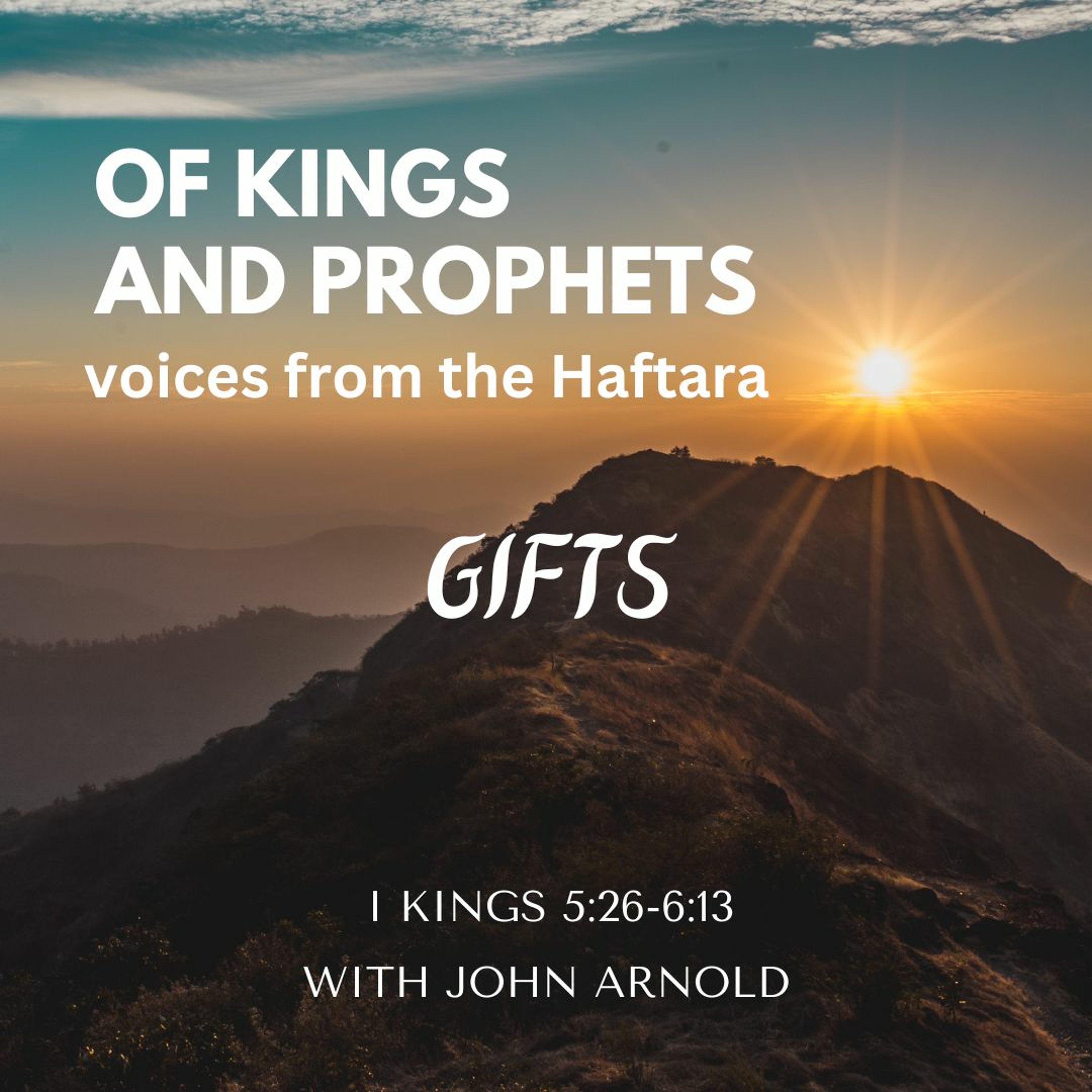



Mark provides us a unique lens through which to see the mission and trials of Jesus: one of war. For He has come not only to teach us a new way to live, but to wholly and decisively destroy the works of the Evil One. In preparation for this, Jesus is tested in the wilderness by the devil, an endeavor not too dissimilar from the tests that other biblical heroes undergo. Abraham, Moses, David, Elijah, even the nation of Israel itself, all find themselves tested in the wilderness. As we willingly subject ourselves to the disciplines of Lent in this difficult season of many kinds of battles, we pray to our Father that He will not lead us into unbearably hard-testing, but that He would deliver us from the Evil One.
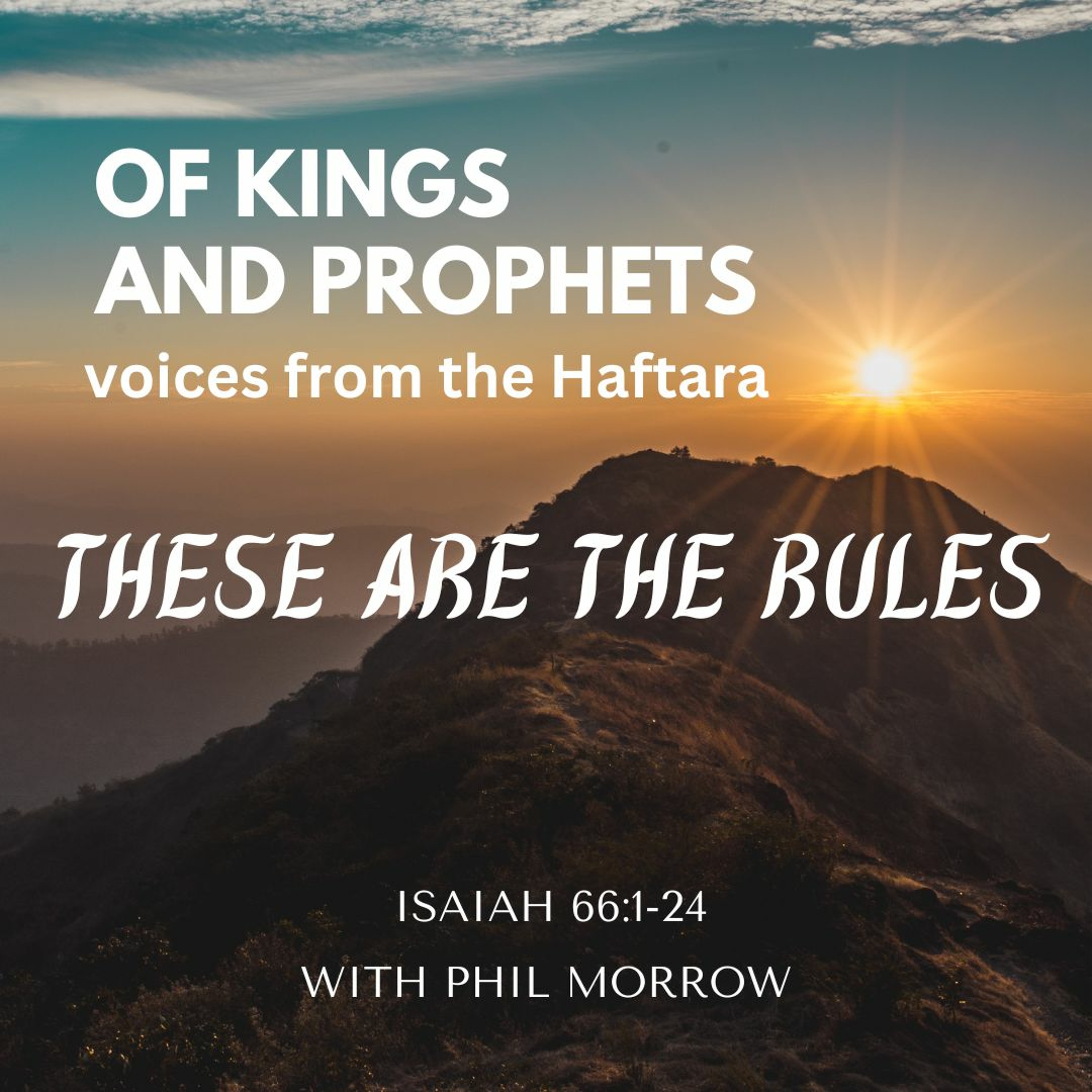

THESE ARE THE RULES | Isaiah 66:1-24 with Phil Morrow by Christ Church Jerusalem
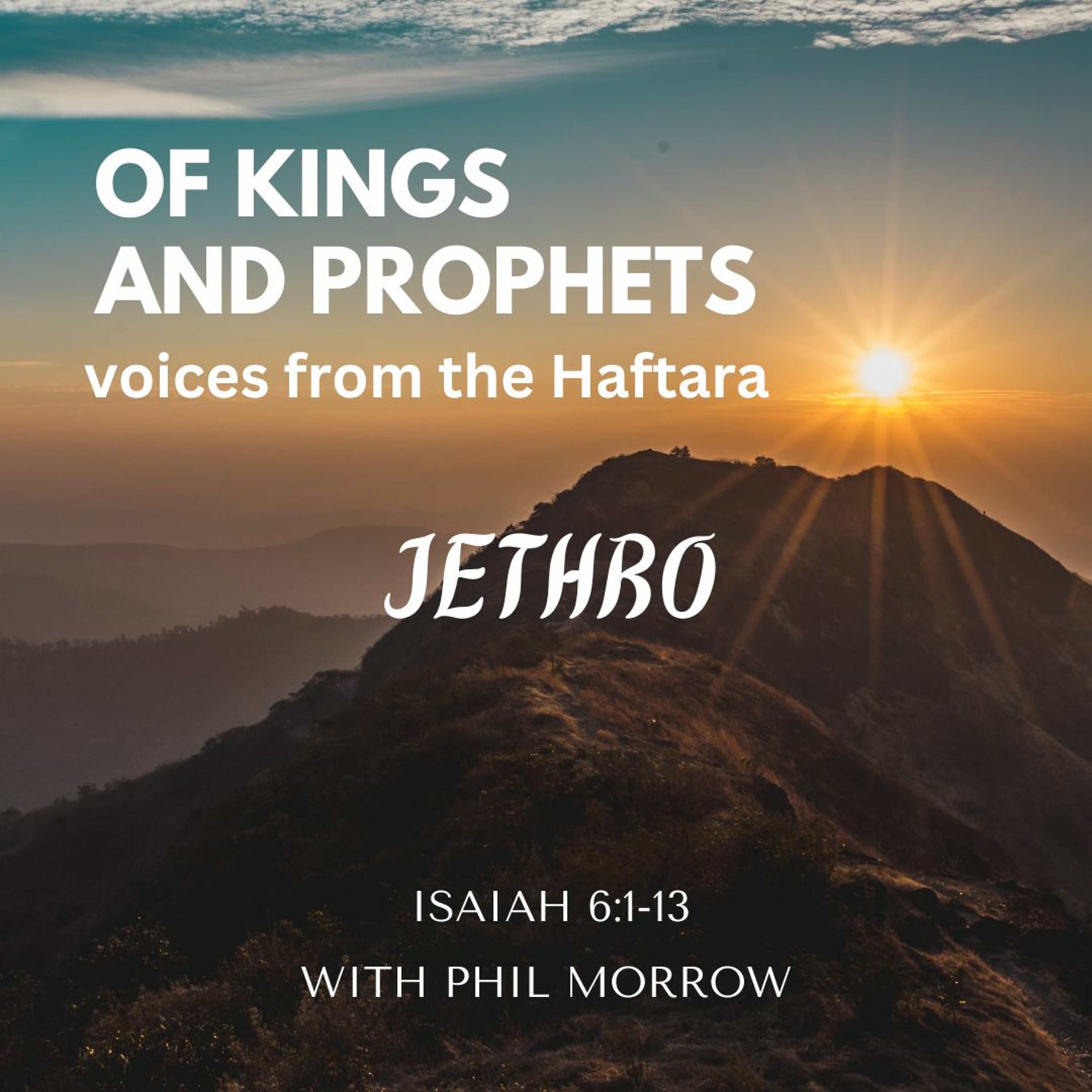

Jethro | Isaiah 6:1-13 with Phil Morrow by Christ Church Jerusalem


The event on the Mt. of Transfiguration is understood more fully when we consider Moses’ encounter with God on Mt. Sinai. With the glory of God upon him, Moses reminds the people that they saw His mighty works of deliverance in Egypt, are in covenant/reciprocal agreement with Him, and now must listen to Him. When the disciples go up the mountain with Jesus and they see Him glorified, they also are commanded to listen to Him. It when we behold God’s glory and obey Him that we too can be transformed (from glory to glory) into the people that He wants us to be.


Hope with Me in the Coming of the King | Rev. Yoel Ben David by Christ Church Jerusalem
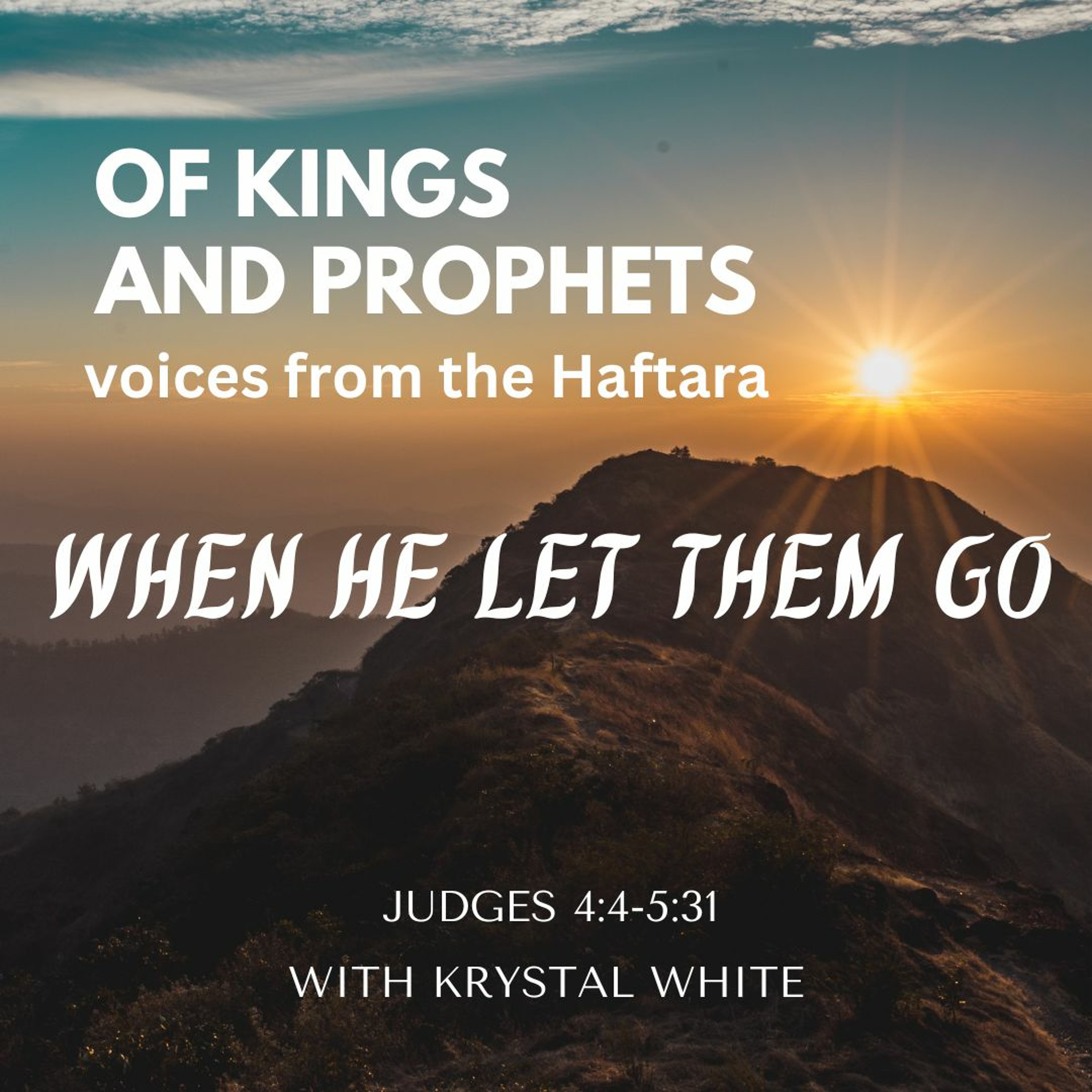

WHEN HE LET THEM GO | Judges 4:1-5:31 with Krystal White by Christ Church Jerusalem
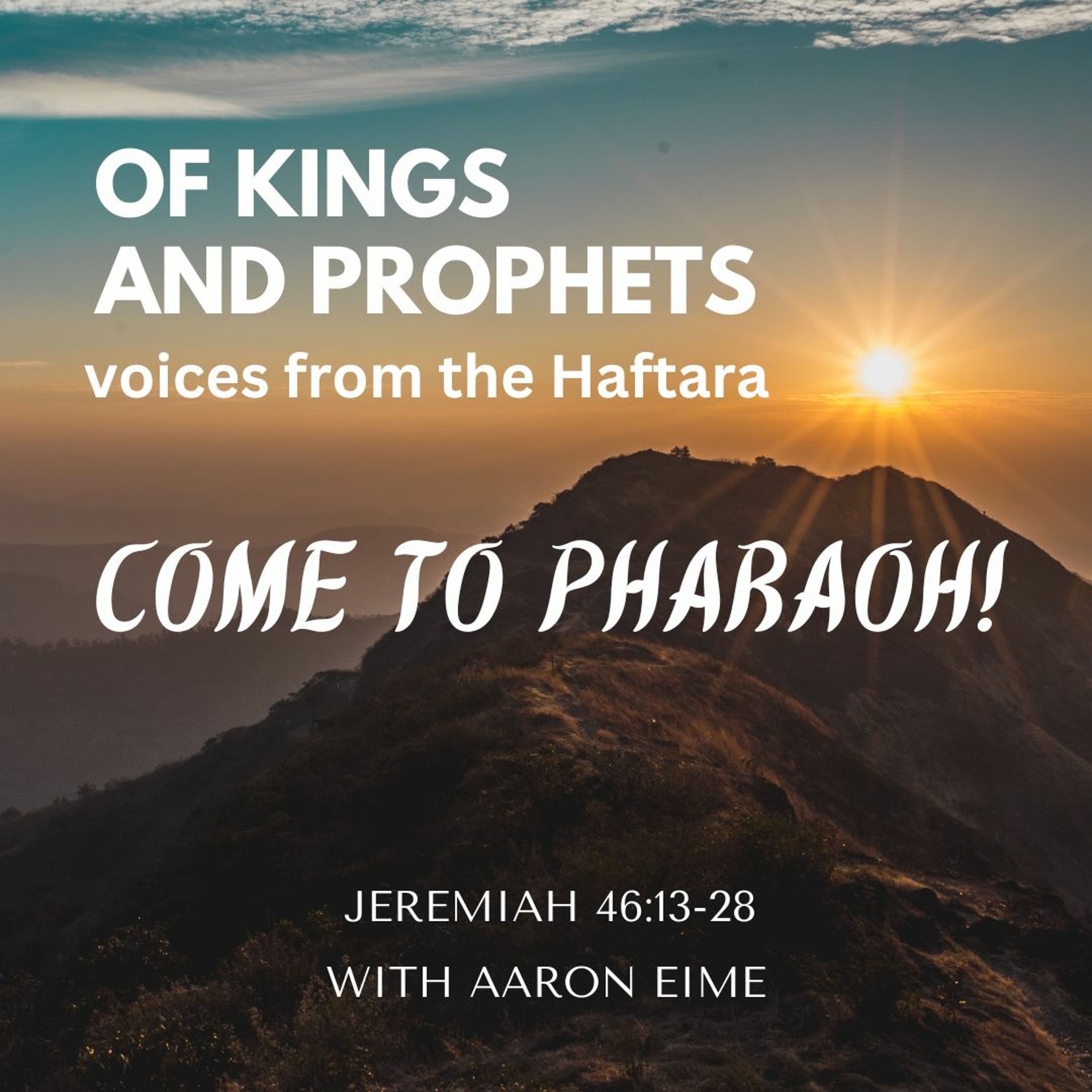

COME TO PHARAOH! | Jeremiah 46:13-28 with Aaron Eime by Christ Church Jerusalem
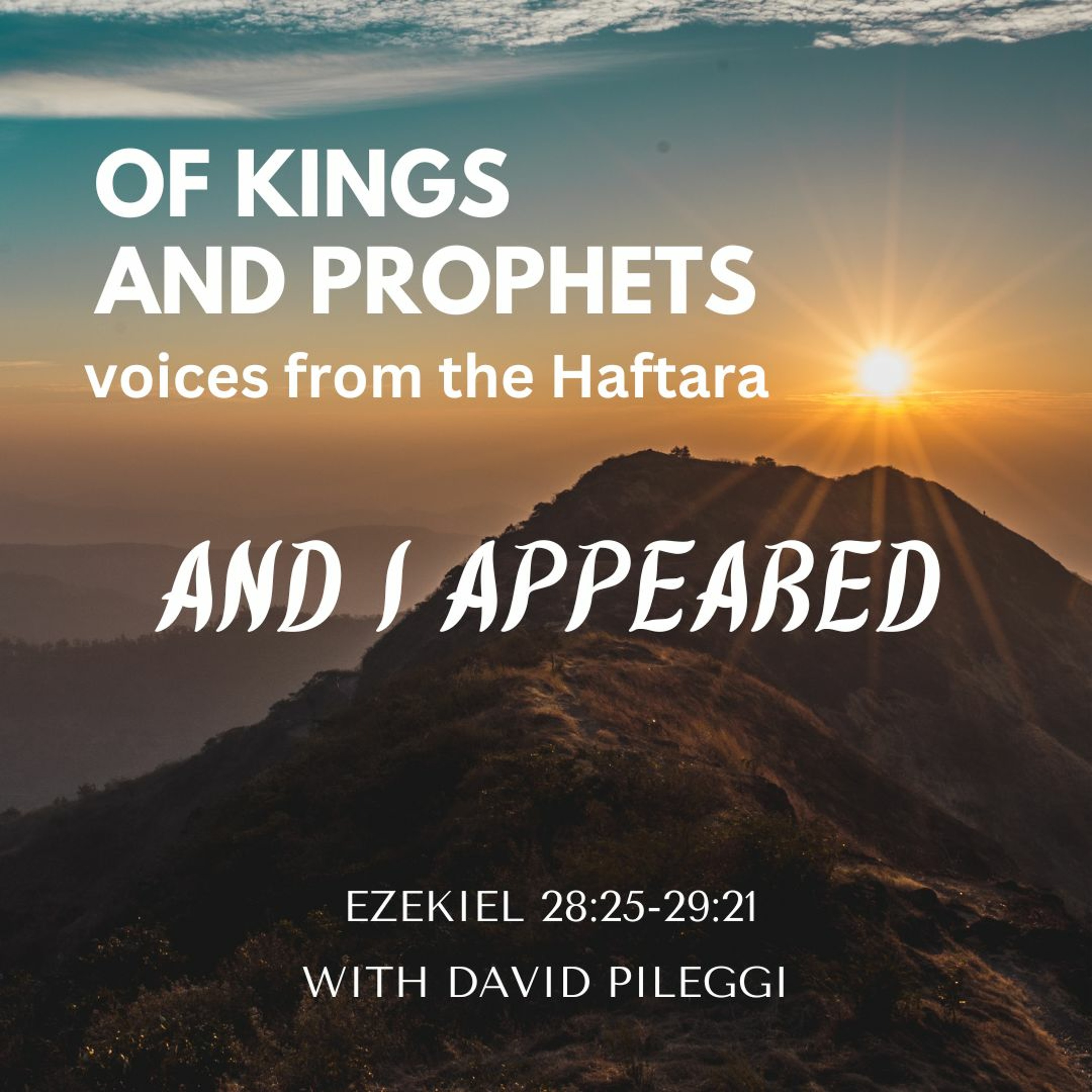

AND I APPEARED | Ezekiel 28:25-29:21 with David Pileggi by Christ Church Jerusalem


Have you ever wondered about the purpose of studying the Bible? This sermon delves into the importance of understanding who God is and avoiding the pitfalls of creating Him in our own image. Psalm 111-112 uses rich Hebraic poetry to reveal the enduring greatness of God's works. By crafting such beautiful liturgical prayers, not only does the author worship God, but they also delve into, and reveal, their theological belief–exploring the fear of the Lord as the beginning of wisdom. Understanding the majestic glory and grace of God, they must challenge believers to imitate God's attributes. Through these ancient and beautiful Psalms, discover the timeless relevance of imitating God's actions, reflecting His character, and ensuring that our righteousness will endure forever.


The stories of Jonah and John both invite us to communal repentance–a central act for followers of the Messiah. If we find in ourselves an aversion to repentance–or to giving others the chance to repent–may Almighty God remove that from within us and invite us to His table of forgiveness.


Nathaniel’s first encounter with the Messiah is arguably one of the most important passages in the Gospel of John. It is an invitation to “come and see” who it is that calls us into fellowship with Him. He is not only the Rabbi who calls us to follow him; He is the one who comes down from heaven and gives us permanent access to God and his divine nature.
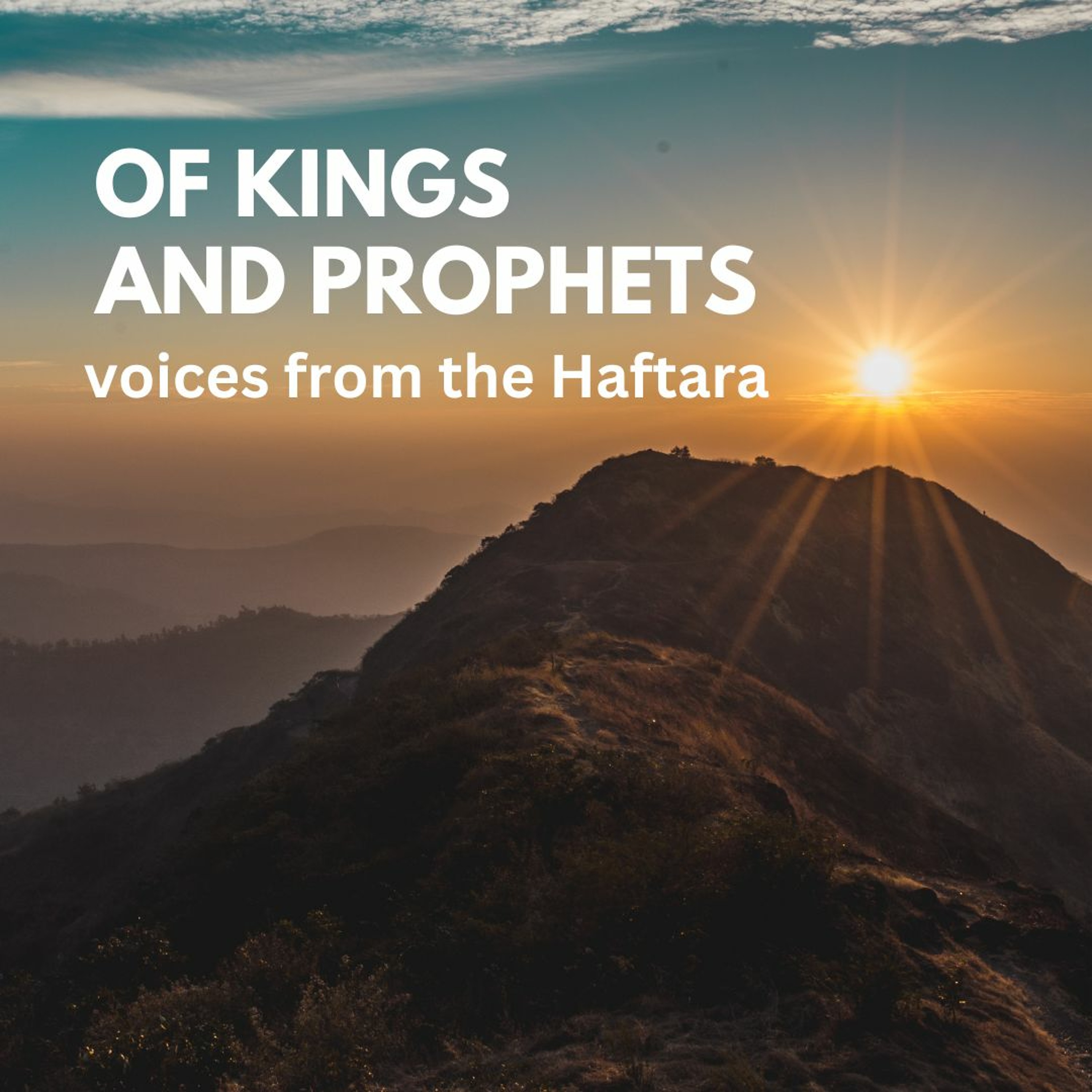

January 9th, 2024 | Jeremiah 1:1-2:3 With John Arnold by Christ Church Jerusalem


January 2nd, 2024 | I Kings 2:1-12 With Aaron Eime by Christ Church Jerusalem


12.19.23 | I Kings 3:15-4:1 With John Arnold by Christ Church Jerusalem


December 26th, 2023 | Ezekiel 37:15-28 with Philip Morrow And Aaron Eime by Christ Church Jerusalem


First Sunday After Advent | Rev. David Pileggi by Christ Church Jerusalem
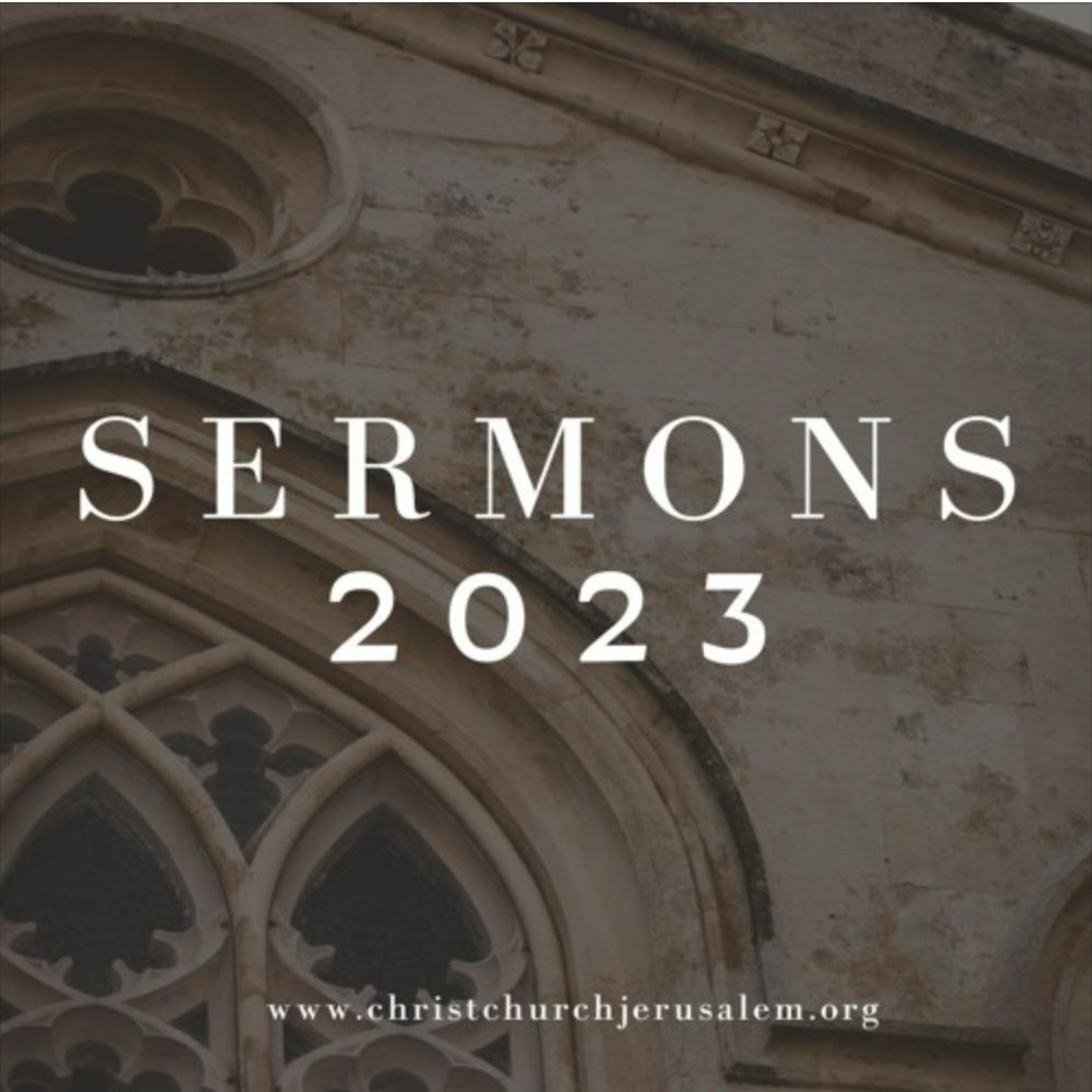

Circumcision And Holy Name Of Jesus | Rev. David Pileggi by Christ Church Jerusalem


Christmas Morning 2023 | Rev. David Pileggi by Christ Church Jerusalem


Third Sunday In Advent | Rev. David Pileggi by Christ Church Jerusalem


The Gospel of Mark jumps straight into the profound significance of the wilderness in Biblical prophecy and narrative. He does so intentionally to demonstrate that we are at war with the powers and principalities of this world. The war is ongoing, even though the outcome is certain. We can find joy and hope in God's mighty victory, but we should acknowledge the balance between desiring God to come quickly and recognizing the patience that God exhibits so that many, including us, can prepare through repentance, obedience, and continuous faithfulness.
